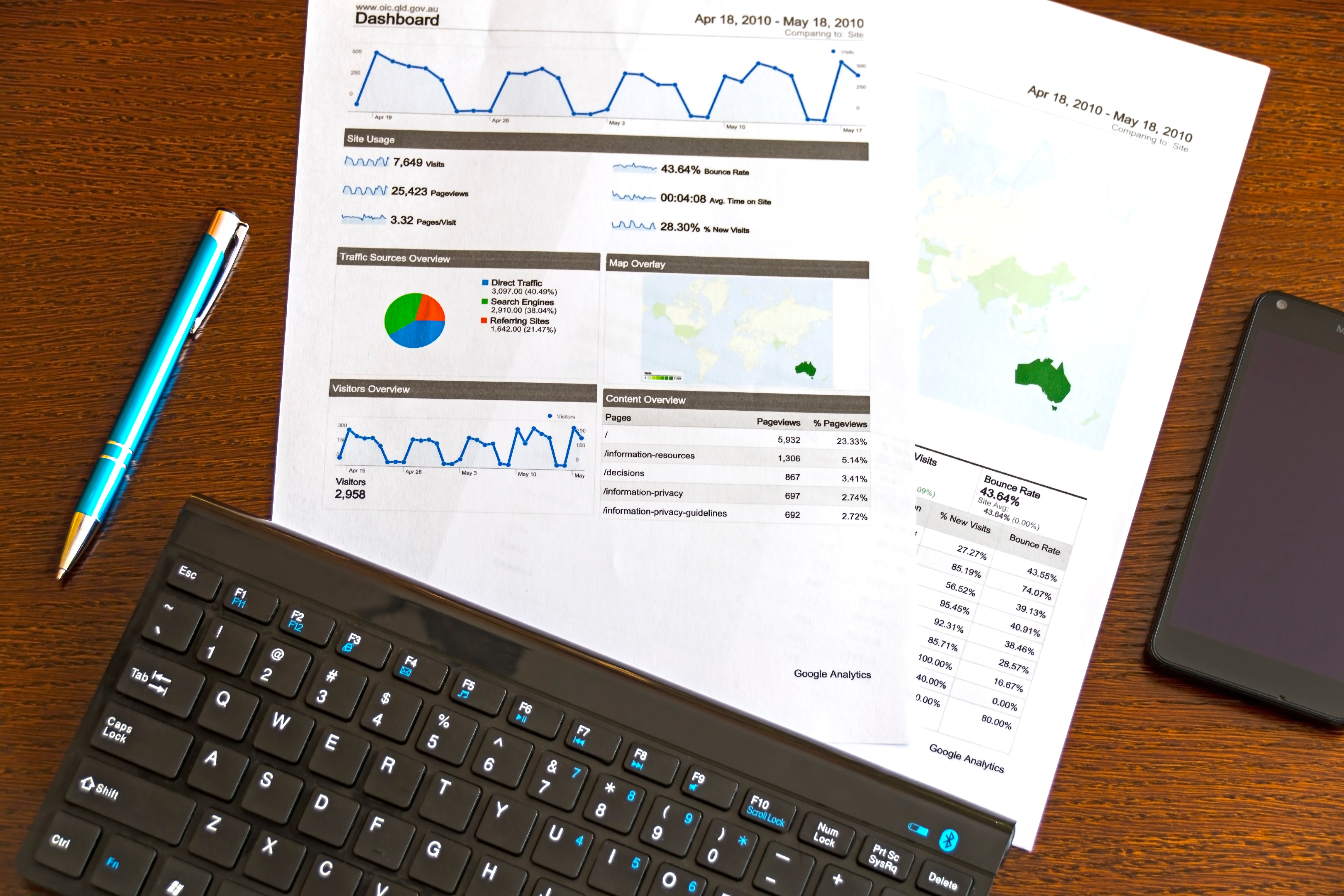Having credit is important for anyone’s life whether you are a small business owner or a consumer. Credit comes into play in many ways from purchasing a car or renting an apartment. However, there are so many people who do not understand how credit works nor how their actions can affect their credit scores which can seriously have a negative impact on their financial situation. So, what exactly is credit and what do you need to know about it? Today we will answer that and much more.
What is Credit?
Credit is your ability to borrow money and make purchases under an agreement that requires you to pay back the whole amount under agreed upon terms. Not all credit accounts are the same and the borrowing terms vary by the type of credit. There are three types of credit accounts they are installment credit, revolving credit, and open credit.
Installment Credit
Installment credit involves a lender extending an amount of credit upfront and you agree to repay the debt in installments over a fixed period. Some examples include mortgages, auto loans, student loans, and personal loans.
The purpose of this credit is to provide the borrow with an opportunity to finance a purchase they cannot purchase right away. Even though the installment loan can be high, low interest rates and regular payments schedule make this loan easier to budget for.
Revolving Credit
Revolving credit allow you to borrow money from a financial institution up to a predetermined limit but once you pay down some or all the debt you have incurred, you can re-borrow up to that same limit as many times as you want.
The most popular form of revolving credit is a credit card. Revolving credit does not have a set repayment period and you are not required to make any payments if you have no debt. With this type of credit, you need to make the minimum required payments because it can be expensive if you carry a balance.
Open Credit
Open credit accounts do not have credit limits but require the balance to be paid in full each month. Borrowers prefer open credit because it gives them control over the amount they can borrow and the repayment period.
What is a Credit Report?
A credit report has your history of your dealings with credit. There are three credit reports from three credit report agencies which are Experian, Equifax, and TransUnion. Each of the credit agencies have their own method of collecting information about borrowers so they collect different information at different times.
Your credit report contains a lot of information including accounts you have opened and closed and how you have managed each. It also includes any bankruptcies, foreclosures, and repossessions. Any payments you make will show up in your report.
To obtain your credit report you can typically get it for free on some websites or you can get one free copy from each of the credit reporting agencies every 12 months. It is important to look at your own credit report and learn how your finances are doing.
What is a Credit Score?
Your credit score is all the information that is on your credit report but in a three-digit number between 300 and 850. This score tells how creditworthy a borrower is by saying what your payment record is, your credit history length, accounts you have, and if you make consistent timely payments.
The higher your score is, the better. Here are the ranges for each:
• 800-850 = Exceptional
• 740-799 = Very good
• 670-739 = Good
• 580-669 = Fair
• 300-579 = Poor
Why is Credit Important
It is important to build a solid credit history to establish financial security. It can help you in many aspects of life such as getting an apartment, being approved for a loan, get a job and much more. The best way to keep your credit score in good standing is by keeping your credit utilization low and paying off your balances in a timely manner. If you fall behind, it will start to affect your score negatively. If you find yourself not happy with your credit score, begin to build it early on as it can save you money on future opportunities. Remember to pay off and avoid debt and check your credit frequently so you are informed what is being reported, that way you can take action if you see discrepancies on your report.






